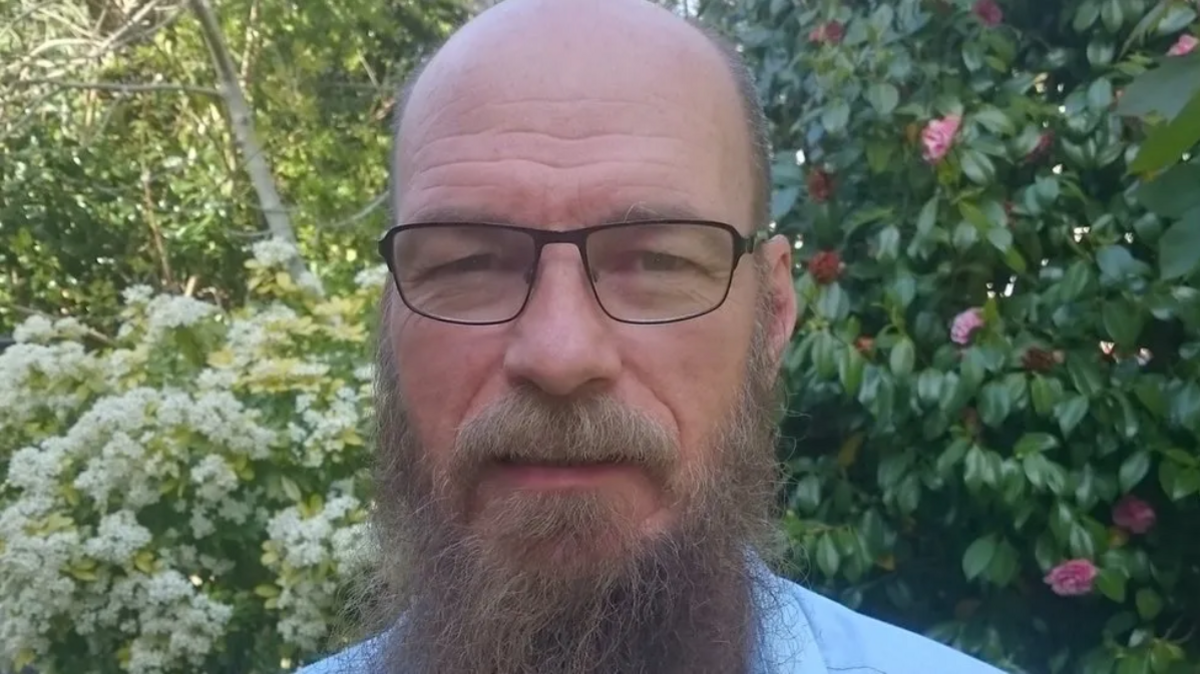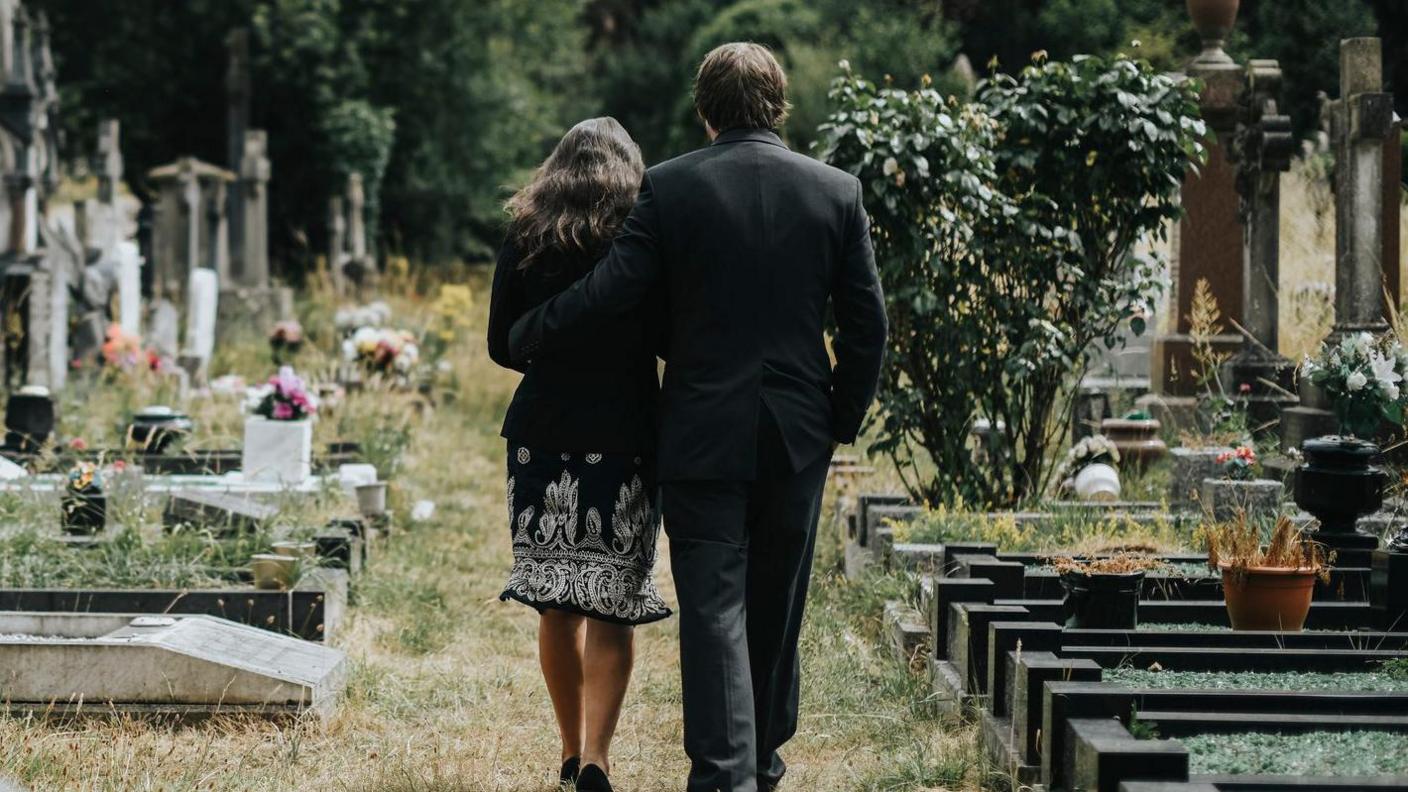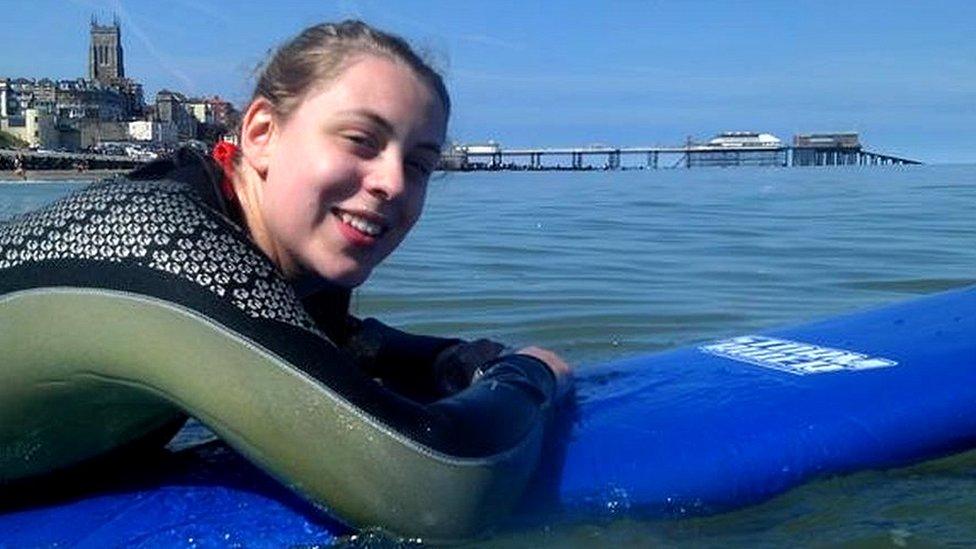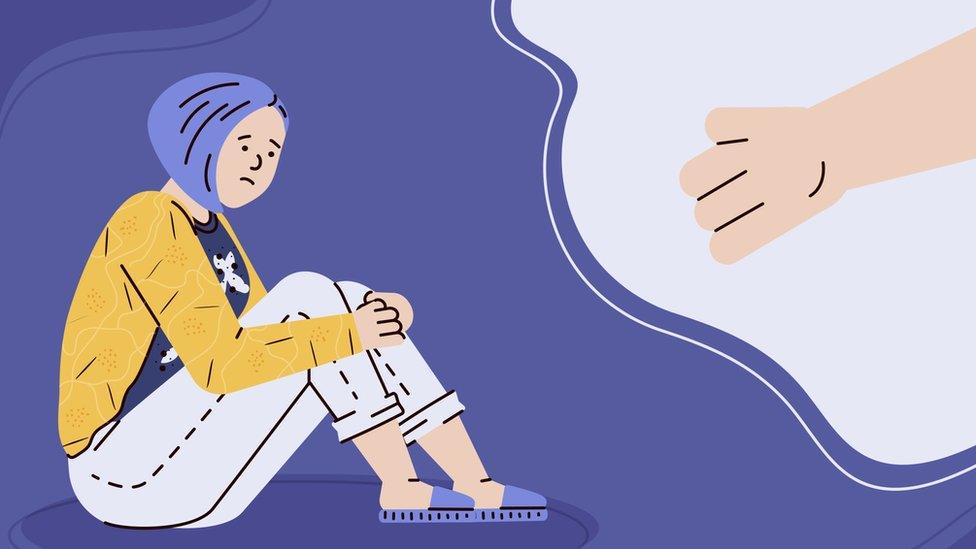Inquests lack 'humanity', says bereaved father

Former police officer Lee Fryatt said his son's inquest made the families' situation "even worse"
- Published
A bereaved father has said coroners' inquests lack "humanity" and leave families unable to grieve.
Lee Fryatt's 19-year-old son Daniel died by suicide while at university in 2018 and the inquest into his death took place one year later.
The former police officer from Bournemouth was part of a study that looked at the psychological toll inquests take on grieving families.
He said his son's inquest made the families' situation "even worse", and described the wait for answers as "all-encompassing, the longer it takes, the worse it gets".
Mr Fryatt said: “When families like ours are sucked into a coroner’s inquest, it happens when chaos is in your brain and turmoil is in your heart."
His comments form part of a three-year research project, called Voicing Loss, published by Birkbeck, University of London and the University of Bath.

The three-year study interviewed 89 bereaved people
'Missed opportunity'
The universities interviewed 89 grieving relatives and found most had hoped for truth and justice from the inquest process, as well as and also for lessons to be learnt to prevent future deaths.
Mr Fryatt said his sons inquest "didn’t deliver that".
"We’ve seen this from so many other grieving families, with similar stories. It is a systemic failing," he said.
Coroners can alert relevant bodies – such as the government, hospitals, schools and companies – by writing Prevention of Future Deaths reports.
Mr Fryatt said: "The prevention of future deaths notice sent to public bodies and health authorities to guard against repeated failings might as well be thrown in the bin.
"They’re a false promise and a missed opportunity."
In 2023 almost 200,000 deaths were reported to coroners, and almost 40,000 inquests were concluded.
The research has called for changes to the inquest process with better "kind and compassionate" communication between the coroner and the bereaved people.
The study found that the coroner service is under-resourced and over-stretched, and there have been calls for the creation of a unified national service to replace the current local authority-based system.
The Ministry of Justice said it has delivered a number of measures to make inquests more sympathetic to bereaved families.
It added that because coroners are independent judicial office holders it would be inappropriate to comment on how they manage investigations, inquests and caseloads.
Follow BBC South on Facebook, external, X (Twitter), external, or Instagram, external. Send your story ideas to south.newsonline@bbc.co.uk, external or via WhatsApp on 0808 100 2240, external.
Related topics
- Published25 April 2023

- Published18 April 2021
